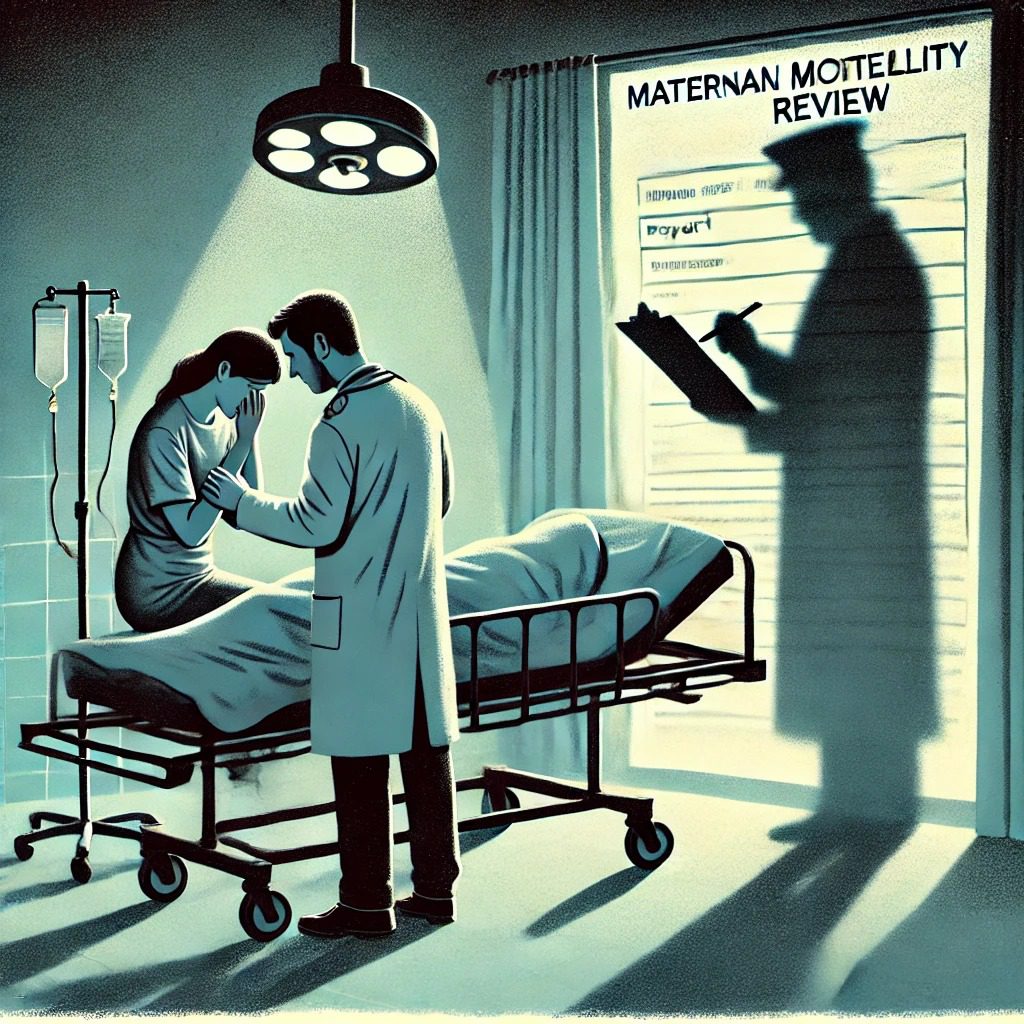In states with abortion bans, ProPublica has uncovered heartbreaking cases where pregnant women lost their lives due to medical complications like severe infections or uncontrollable bleeding. These are exactly the kinds of tragedies that maternal mortality review committees are supposed to investigate to understand why they happen and how to prevent them. Yet, ProPublica’s investigation reveals that in states with strict abortion bans, these committees are often falling short of addressing whether such laws are playing a role in these deaths.
Political Interference in Maternal Death Reviews
In several states, political leaders who championed abortion bans have obstructed efforts to study their impact. Some committees have been disbanded or reshaped to exclude members who openly criticize abortion restrictions. In Texas, for instance, the maternal mortality review committee is legally barred from reviewing deaths classified as “abortion-related,” which includes some deaths related to miscarriage care. Dr. Carla Ortique, the committee chair, explained that cases involving medications or procedures associated with abortions are excluded from reviews. When asked about the deaths of Porsha Ngumezi and Josseli Barnica—both of whom died after receiving miscarriage-related care—the Texas Department of State Health Services declined to clarify whether these cases would be reviewed.
Failure to Address Links Between Abortion Bans and Maternal Deaths
Other states have similarly avoided systematically examining how abortion bans might contribute to maternal deaths. While some committees may note abortion restrictions as a factor if it appears in the records, they are not explicitly tasked with investigating such links. For example, South Carolina officials acknowledged that their committee could include this information in reports if troubling trends emerge. Meanwhile, Indiana’s laws require committees to determine if a person’s death was linked to an abortion but do not address whether delays in accessing care played a role.
Critical Procedures Denied or Delayed
Maternal mortality review committees are composed of experts like OB-GYNs, nurses, and mental health professionals. Despite their expertise, these committees are not systematically tracking delays or denials of critical procedures such as dilation and curettage. These procedures, which are used to manage miscarriages and prevent complications like infection or hemorrhage, are also used for abortions—creating fear among healthcare providers about potential legal repercussions. ProPublica documented several cases where women died due to a lack of timely care:
- Nevaeh Crain: A teenager whose organs were failing waited 90 minutes for a second ultrasound to confirm fetal demise.
- Amber Thurman: Endured 20 hours of agony while sepsis spread through her body.
- Josseli Barnica: Faced dangerous infection risks for 40 hours as doctors monitored the fetal heartbeat until it stopped.
Experts argue that these delays must be examined. Dr. Daniel Grossman, a leading researcher in reproductive health, emphasized the importance of including these issues in maternal mortality reviews. Yet political resistance often prevents such efforts. Eugene Declercq, a public health professor and member of Massachusetts’ maternal mortality review committee, noted that while clinicians and public health experts might want to study the effects of abortion bans, political leaders often avoid such inquiries.
Maternal Mortality Reviews Are Falling Behind
Adding to the challenge, many maternal mortality reviews are years behind. ProPublica’s survey of 18 states with strict abortion bans found that most haven’t completed reviews of 2022 deaths—the year many abortion bans took effect after Roe v. Wade was overturned. Some states are still reviewing 2021 cases, and Florida, North Dakota, and South Dakota did not respond to inquiries.
These delays are often due to limited resources and bureaucratic hurdles. In Illinois, for example, just one staff member manages all the data collection and processing for the entire state’s review committee. The CDC has encouraged committees to review cases within two years, but without enforcement mechanisms, many states remain behind.
The Need for Timely and Comprehensive Analysis
This backlog is especially concerning in states with major legal shifts in abortion access. Without timely reviews, it’s impossible to fully understand how these laws affect maternal health. The United Kingdom’s maternal mortality review program, widely regarded as the gold standard, adapts quickly to major changes. For example, during the COVID-19 pandemic, the program analyzed data weekly to monitor its effects.
As of November, only five states—Iowa, West Virginia, Indiana, Georgia, and Tennessee—had completed reviews of 2022 deaths, and none had published their findings. Seven states—Alabama, Oklahoma, South Carolina, Mississippi, Missouri, Arkansas, and Louisiana—were still reviewing cases from that year. Idaho, Texas, and Kentucky hadn’t even begun their reviews.
Without comprehensive and timely analysis, critical questions about the impact of abortion bans on maternal health remain unanswered. This gap in understanding not only endangers lives but also hampers efforts to address the nation’s already poor maternal health outcomes.
Discover more from The Ink Post
Subscribe to get the latest posts sent to your email.





